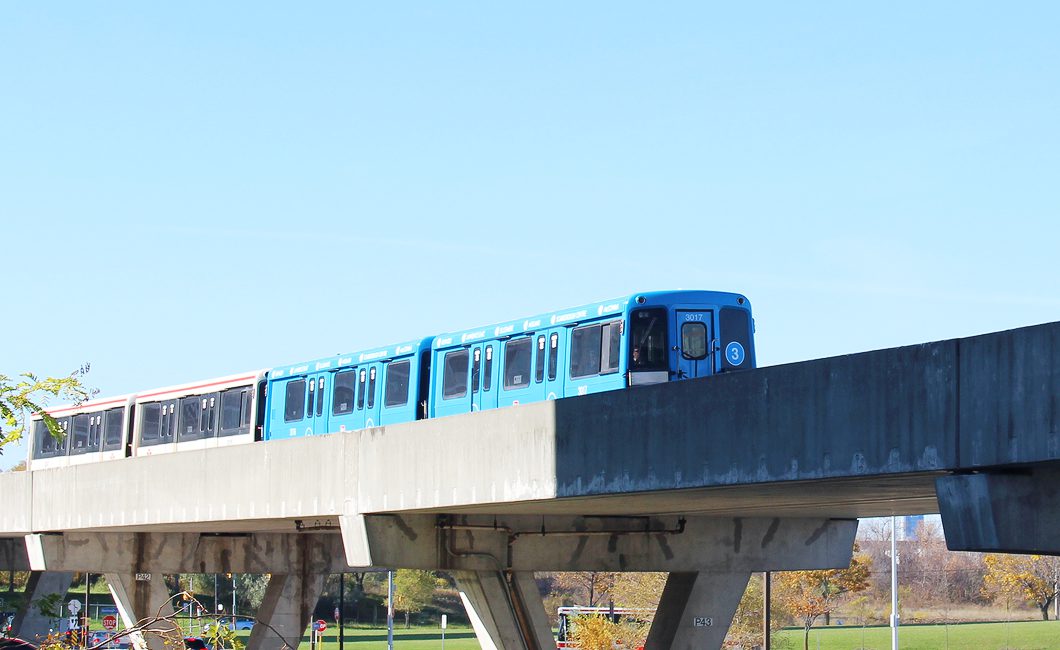The city manager and chief financial officer have recommended a property tax hike to pay for SmartTrack in the Transit Network Plan Update and Financial Strategy.
The report released Oct. 31 details an agreement between the city and the province to fund SmartTrack and other transit projects worth $7 billion.
“This agreement means that after years of talk, indecision and delay, we are actually getting on with building the transit Toronto residents so badly need,” Mayor John Tory said in a release.
With the provincial government pledging to shoulder $3.7 billion for the infrastructure to support SmartTrack, the city has to pay $2 billion for six new stations and the Eglinton West LRT. The city will also be responsible for all operating and maintenance costs.
A property tax increase of 2.1 per cent is necessary to fund initial cash flow shortfalls in the early stages of SmartTrack, says the report.
“Nobody likes property taxes going up,” said Carol Burtin Fripp, co-president of the Leaside Property Owners Association. “A lot of people are house-rich but cash-poor, and you don’t want to divorce people from their homes because they can’t pay their taxes.”
If the property tax increase comes into effect, Tory would be breaking a promise he made during his 2014 election campaign.
“We can look at what other cities who didn’t want to raise their property taxes have done, what other sources they have found that didn’t just die after a year and that didn’t harm business,” Fripp said.
Tory himself said that he is still against increasing property tax and is open to exploring other potential revenue tools like asset monetization, in which the city will sell off assets such as Toronto Hydro and Toronto Parking Authority.
Council has requested a report to examine the feasibility of this measure.
“The important thing is that the sources have to be continuous sources, they can’t just be one-time only paid for by sale,” Fripp said.
The city has until Nov. 30 to commit to the deal.

